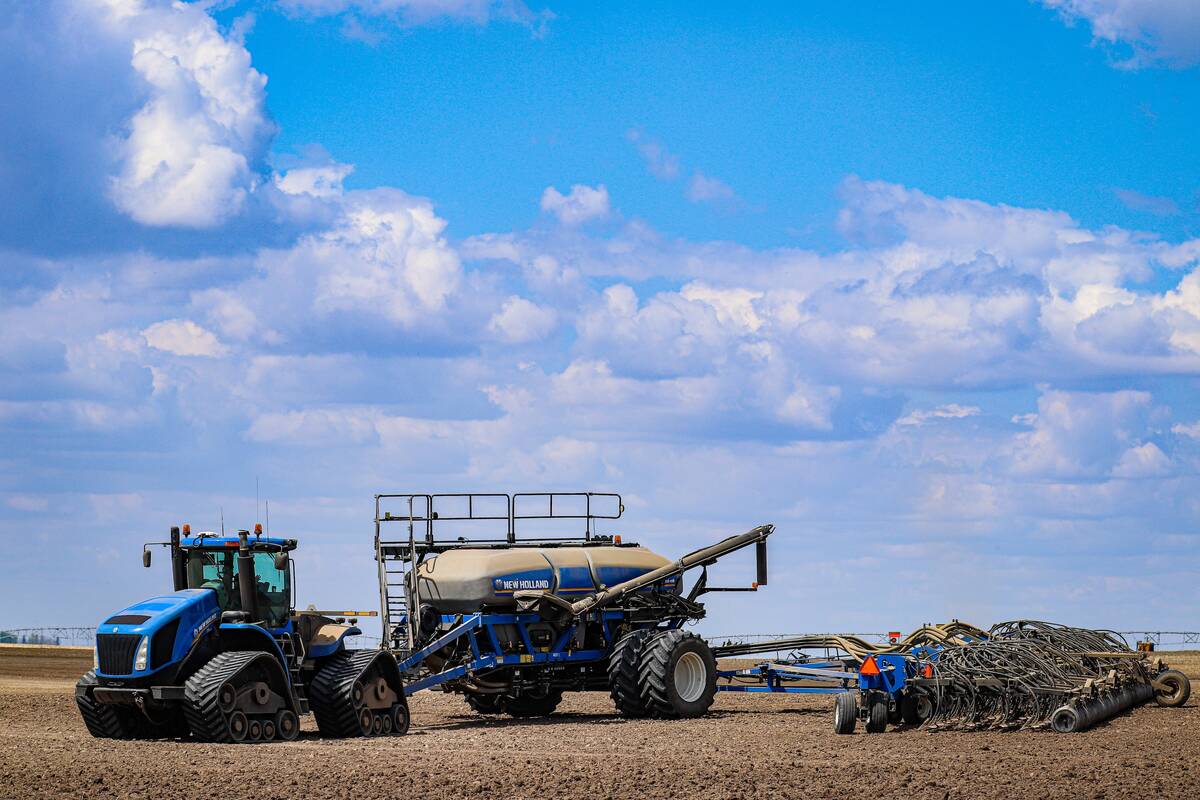OTTAWA, Nov 1 (Reuters) – Canada will ramp up its spending on infrastructure projects by an extra C$81 billion over the next 12 years in a bid to revitalize an economy struggling with sub-par growth, Finance Minister Bill Morneau said on Tuesday.
The extra money means Canada’s Liberal government – trying to deal with a prolonged oil slump that has slashed revenues – is committed to pouring a total of $187 billion into infrastructure between now and 2027-28. In March, it had promised to spend $120 billion over the next decade.
“This is unprecedented in our history. And it comes at a time when the need is great,” Morneau told the House of Commons as he presented a fiscal update.
Read Also

NFU says proposed plant breeders’ rights come at farmers’ expense
The National Farmers Union is pushing back against changes to the Plant Breeders’ Rights Act that would narrow the scope of farmers’ right to save seed or propagate crops from cuttings and tubers.
“The economic situation we’re in is challenging: global growth is challenged,” Morneau told reporters.
Morneau cut the forecast for 2016 growth to 1.2 percent from the 1.4 percent he had predicted in his March budget. For 2017, he said growth would be 2.0 percent compared with an initial estimate of 2.2 percent.
The government said the budget deficit for the 2016-17 fiscal year will be $25.1 billion, compared with the $29.4 billion predicted in March. But this is only because Morneau applied a $6 billion annual prudence fund to bring the final figure down from $31.1 billion.
Still, the deficit numbers were lower than some analysts had forecast. The Canadian dollar and bonds showed little reaction.
Ottawa plans to tap the prudence fund every year until 2020/21, when it is expecting a deficit of C$16.8 billion. In March, Morneau indicated the budget might be balanced by then.
But pressed by reporters as to when the shortfall would be eliminated, Morneau said he wanted to focus on investments.
Michael Dolega, a senior economist at TD Bank, said low borrowing costs and a moderate debt-to-GDP ratio meant this was a good time to act.
“My main concern as an economist is just to make sure that this money ends up being productive for the country,” he said.
The official opposition Conservative Party said Trudeau was doubling down on a failed plan that would boost deficits.
Bank of Canada Governor Stephen Poloz has said Canada is in a good fiscal situation and should not worry about running up deficits at this point.
















